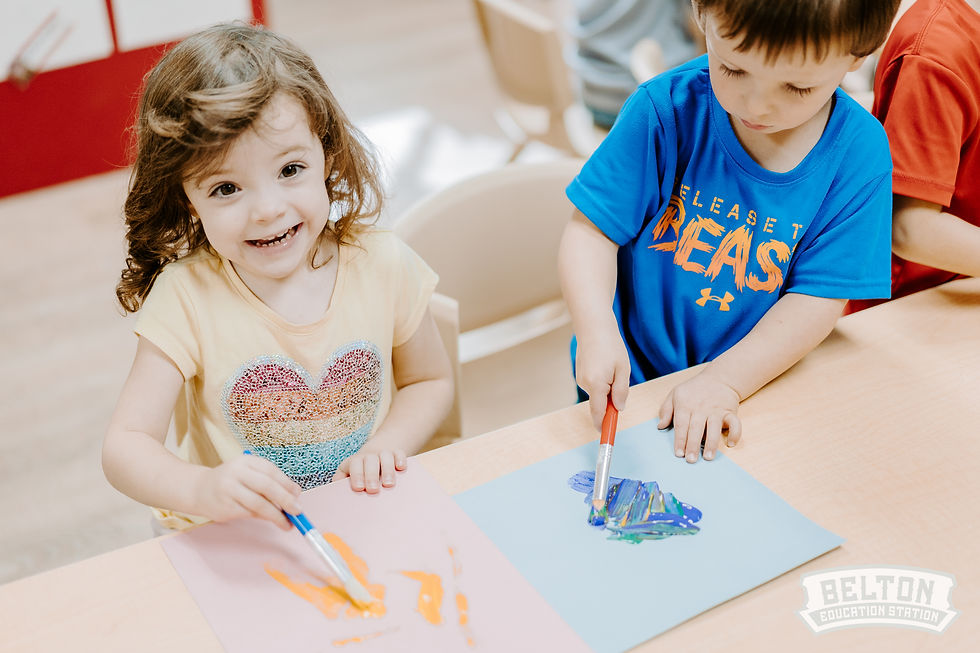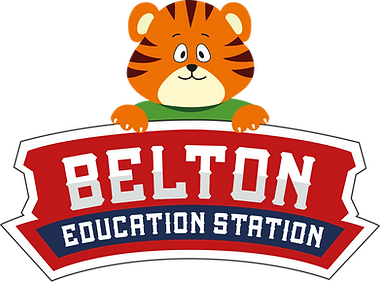
When trying to make a decision about daycare, it is important to take into account the positive effects of daycare activities. Daycare learning activities are essential for the development of children for several reasons:
Cognitive Progress: Engaging in educational games and activities at daycare centers stimulates a child's cognitive abilities, nurtures problem-solving skills, and encourages memory development.
Social Skills: Interaction with peers instills vital social skills such as sharing, taking turns, and cooperation.
Emotional Well-being: Early Learning Center/Preschool environments provide structured activities like art and music, which contribute to emotional development by helping children understand and express their feelings.
Speech Enhancement: Exposure to diverse activities, conversations, and books supports language and speech development, enabling children to acquire new words and communication skills.
Physical Growth: Both indoor and outdoor activities in early childhood programs promote motor skills, coordination, and overall physical health.
Independence: Daycare encourages independence as children follow routines, manage tasks, and make choices.
School Readiness: Activities typically mirror early school experiences, preparing children for a more formal educational setting and ensuring a smoother transition to preschool.
Exposure to Diversity: Daycare exposes children to diverse peers, cultivating an understanding and appreciation for diversity while promoting cultural awareness.
Parental Support: For working parents, daycare serves as a supportive environment, ensuring their children are safe and engaged while parents are at work.

In summary, daycare learning activities contribute significantly to a child's development, from important social skills, to emotional well-being, to speech and language enrichment, to encouraging independence, daycare centers and their daily activities provide important parental support in every child’s holistic development.


Comments